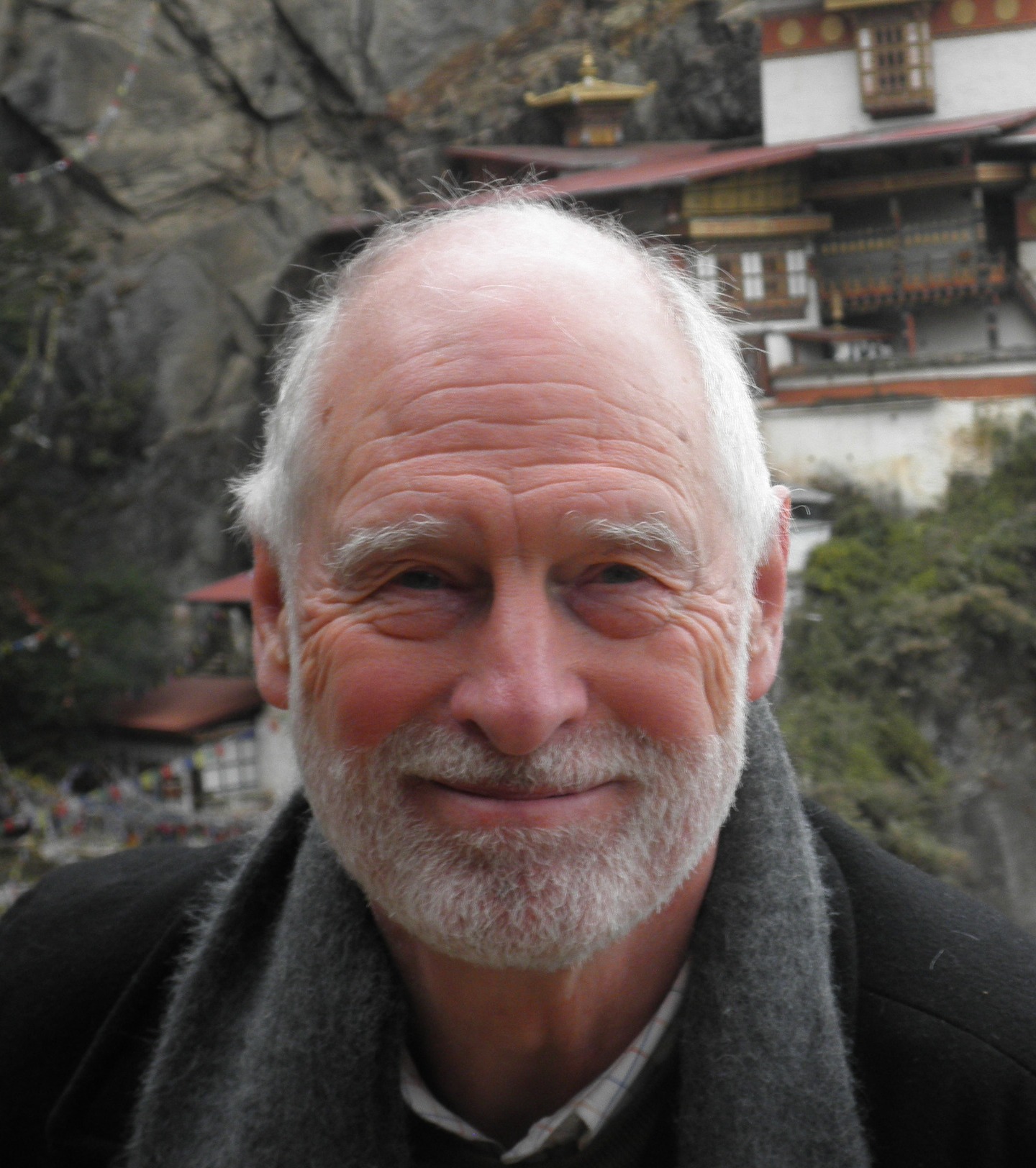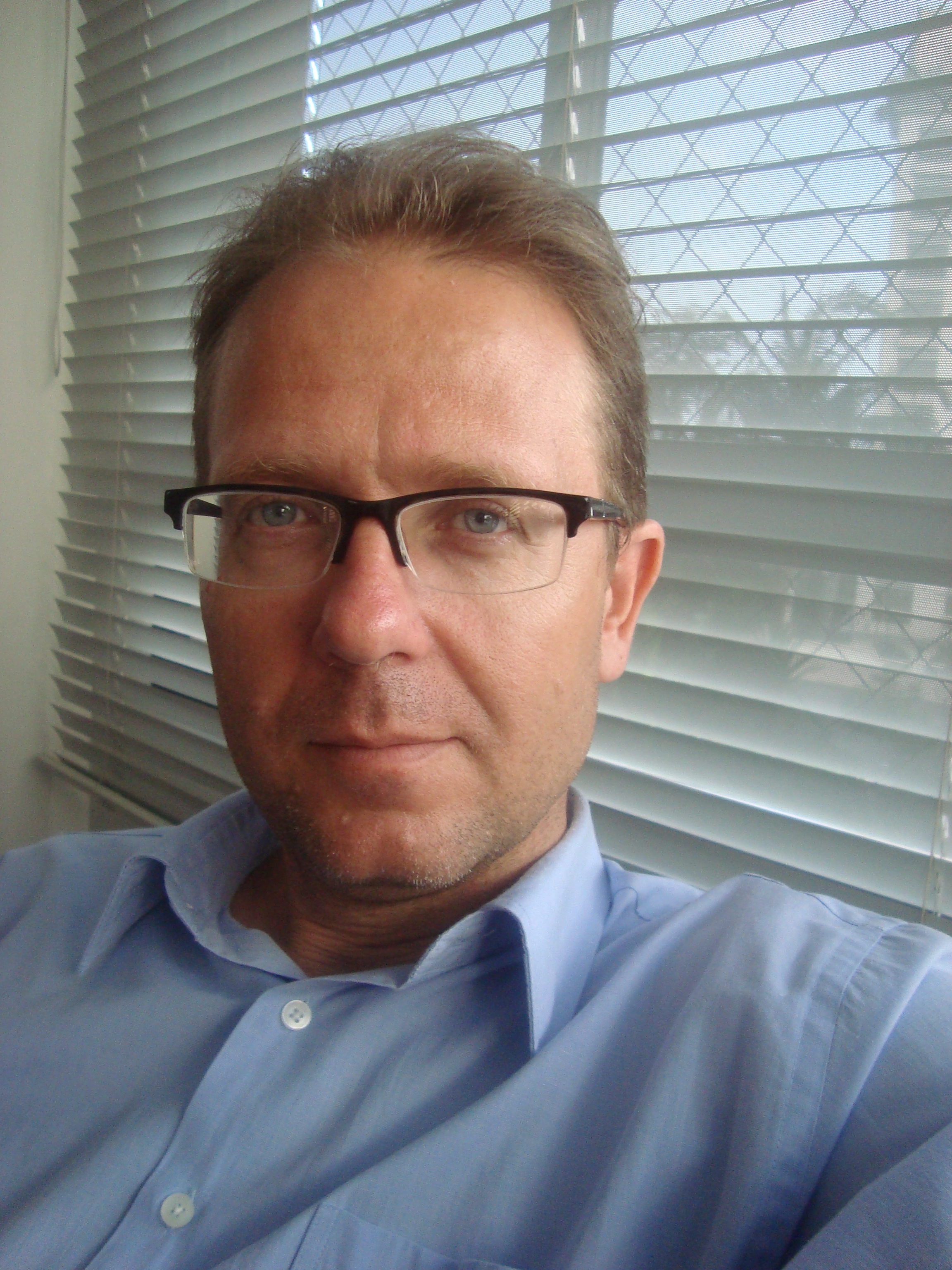The Organizing Committee is responsible for setting the strategic direction of the Network , defining, planning, and executing activities.
List of OC members (in alphabetical order)
The Nansen Initiative
Saboor Atrafi is currently working on climate change and displacement issues with the Nansen Initiative in Geneva, Switzerland. Originally from Afghanistan, he has a Master’s degree in sustainable development in urban areas from Columbia University in New York and a Bachelor’s degree in Civil Engineering from Herat University in Afghanistan.
Saboor has a diversified set of background and professional experiences. He has worked for both development and humanitarian organizations, including the International Labour Organization (ILO), the Intonational Organization for Migration (IOM), the Aga Khan Development Network (AKDN), and the Nansen Initiative. His area of expertise is sustainable urban development, with a focus on environmental issues. Saboor also has tremendous interest in research on labour issues in urban areas, globalization, and development/humanitarian aid.

Adrian Atkinson
New Synergies for Development
Adrian Atkinson graduated in architecture in 1968 and, following practice in Switzerland and Hong Kong obtained a Masters degree in planning in Princeton. His doctorate on the environmental movement was awarded in 1988 by the London School of Economics. He has been active in planning education since the late 1970s, including 15 years with the Development Planning Unit, University College London, where he is now a members of DPU Associates, and then as Professor of development planning at Berlin’s Technical University.
He has since the 1970s divided time between teaching and consultancy, being co-founder also of an NGO, New Synergies in Development (NSD), based in Geneva where he currently lives. Over the years he has undertaken consultancy for many international and bilateral agencies, national and local governments in some 40 countries. His main focus was from the late 1970s on urban environmental planning and management, developing programmes and projects for various agencies, notably the GIZ and the European Commission. More recently his focus has been on employment issues in growing informal economies in southern cities and participatory processes of local economic planning and development (LED). Much of this has been for the ILO and also through NSD, with funding, among others, from the IADB.
Adrian has published regularly on a range of topics and in recent years focused on the deepening challenges resulting from global warming and especially the consequences of the depletion of fossil fuels that can be expected in the coming decades to change fundamentally the global economic system and the structure and function of cities. His focus is on the revival of local economies with the decreasing ability of the global economic system to address the needs of the urban poor and, in the first instance, the spread of urban and peri-urban agriculture (UPA) to combat growing urban malnutrition.
.
Edmundo Werna
International Labour Organization
Edmundo Werna has worked for over 25 years on different aspects of urban development and the environment, with particular attention to labour. He joined the ILO (International Labour Organization) in 2004. Prior to joining the ILO, Dr. Werna designed and coordinated the urban development agenda of UNDP’s UN Volunteers Programme. He also undertook consultancies for several organizations, including local governments, WHO, European Commission, the World Bank, UN-Habitat, UNCDF/UNDP and as well as the ILO.
He has a PhD in urban development from the University of London (UK), an MPhil in development studies from the Institute of Development Studies in Sussex (UK), and a Bachelor’s degree in urban development and architecture from the Federal University of Minas Gerais (Brazil).
Dr. Werna also has extensive academic experience, having done research and lectured in British, Brazilian and Italian universities and at the Woodrow Wilson International Center for Scholars in the US. He has published eight books in the UK and USA, plus many chapters in edited books and several articles in scientific journals. He is a member of the editorial board of the journals Habitat International and International Journal of Sustainable Urban Development.
Werna received a number of awards, including the Earth Summit 2002 Sustainable Development Award (given by RCA and Stakeholder Forum for Our Common Future), the O. Koenigsberger Award for Best Article of the journal Habitat International (1996); honours mention for two articles in the Jorge Hardoy Prize (2000). He co-wrote a chapter of the edited book which won the British Medical Association’s Prize for Best Book (1997). One of his WHO projects was chosen as best practice for the Hanover 2000 Exhibition. Two of his UNV projects also received prizes, and a third one has been selected as Best Practice for the Un-Habitat / Dubai Awards.
 Gulelat Kekede
Gulelat Kekede
UN-Habitat
Dr. Gulelat Kebede has over 15 years of experience in local government capacity building. He has PhD in Economics and currently heads UN-HABITAT’s Training and Capacity Building Branch. He has directed or undertaken research and development of over 20 tools currently in use by policy makers, practitioners, trainers and facilitators involved in sustainable urban development issues. He has supported a large number of projects involving applications of innovative processes and tools, research and documentation of lessons, and experiential learning designed to advance sustainable urban development.
As head of the capacity building team at UNHABITAT, Dr. Kebede works with a large number of national and regional local government training institutions and universities with education and research programmes on urban development and management. In his current capacity, he advises UN-HABITAT programmes and national governments on training, capacity building priorities, strategies and methodologies. Dr. Kebede’s current areas of interest and work include local economic development and green jobs.
Jeroen Klink
Universidade Federal do ABC – Federal University of the Metropolitan Region of Sao Paulo, Brazil
Jeroen Johannes Klink, Dutch nationality, has a graduate and Masters degree in economics from the University of Tilburg (The Netherlands), while he obtained his PhD in urban and regional planning from the University of São Paulo, Brazil (with a scholarship from the Lincoln lnstitute for Land Policies). For the last five years he has been active as a professor of urban and regional economics at the Federal University of the Greater ABC region in São Paulo, Brazil, where he also coordinates the master´s course in planning and management of territories. His professional experience includes the municipality of Santo André, Greater São Paulo (Secretary for local economic development – 1997 – 2005) and the Institute for Housing and Urban Development Studies (IHS) in Rotterdam (1990-1995), among others.
Jeroen has worked as a consultant for both Brazilian and international organizations such as the Inter-American Development Bank (several projects on metropolitan governance in Brazil, one in Argentina), the OECD (territorial reviews in the metropolitan regions of Istanbul, Madrid and Cape Town), the ILO (Local Decent work agendas) and the Cities Alliance (The Brazilian state of the cities Report; Linking Decent work and City Development strategies – in partnership with the ILO; City Development Strategies in the ABC region – Greater São Paulo), among others. His professional exposure has been in countries such as the Netherlands, Brazil, India, Argentina, Turkey, Spain and South Africa.
He has several publications on issues such as the role of cities and city regions in the international economy; metropolitan and city regional governance; and local and regional economic restructuring. He just organized a book on metropolitan governance (which will be launched in February 2011), with cases studies from Brazil, Canada and South Africa. (Governança das Metrópoles: Conceitos, Experiências e perspectivas. Editora Annablume). He is fluent in English, Portuguese and Dutch, and has a working knowledge of German and Spanish.
Entrepreneur and Advocate of Resilient Communities
Julie has been in the development field for almost 40 years, and has worked for the World Bank Group for more than 25 years, before that as consultant with various organizations such as UNICEF, UNDP and private companies, and founder of various CBOs and NGOs. Prior to her international development work, she has been with the Philippine Government for more than 10 years as researcher, then director of infrastructure programs and has managed low cost housing and slum upgrading projects funded by the World Bank. Julie has a PHD in public administration, Master’s degree in urban and regional planning, and a Bachelor’s degree in public health at the University of the Philippines, and University College London. Julie has extensive experience in all the regions in the world including East, South Asia, Europe and Central Asia, East, Africa and Central America and the Middle East.
During her time with the World Bank, Julie has led and supported more than 100 specific investments, involving large, medium and small urban, and rural development projects in infrastructure, housing, water supply and sanitation, slum upgrading, cultural heritage, health, non-formal education, agriculture and rural development, and poverty alleviation initiatives including local and regional economic development, women and youth livelihood and entrepreneurship programs, disaster management and work in conflict situations. As KM coordinator, and Thematic Group Leader, Julie has led or core member of the following: (i) Service to the Urban Poor, (ii) Community Driven Development and Empowerment, (iii) City-Municipal Urban Management, (iv) Local Economic Development, (v) Road Safety Task Force, (vi) Cultural Heritage & Creative Industries, (vii) Cooperatives and the Informal Economy, and (viii) Institutions and Governance). She has published a number of books and articles, produced and carried out training programs, materials and capacity building modules for slum upgrading and prevention, local economic/recovery development (employment oriented), cooperatives and SME development, community driven development approaches, city and regional development strategies, urban and peri urban agriculture, including distance learning initiatives.
Julie is active in community groups (neighbourhood associations, pot luck, prayer groups, soup kitchen, gardening club, arts and crafts), including helping a number of NGOs both in the US, Philippines, Pakistan, Sri Lanka, Yemen, Sierra Leone, Yemen, Jordan, and Haiti. Over the last 5 years, to increase her understanding of Resilient Communities and Systems, Julie has engrossed herself on the Transition Movement and Perma-Culture–that is engaging the creative genius of local communities as we create, relocalized, resilient community systems in response to climate change, peak oil, economic instability, food crisis and social unrest.
Smita Srinivas
Columbia University in the City of New York
Smita Srinivas is Director of the Technological Change Lab (TCLab) and Assistant Professor in the Urban Planning program at Columbia University in New York. Her main interests are in institutional questions in technological change, politics of industrial and economic development, employment and health care. She is especially interested in urban employment aspects of public sector plans for economic and technological advance and the challenges of production institutions, knowledge transfer, technical standards, and skills. Her training is in economics and economic development planning and policy and she holds a Ph.D. in Economic Development and Technology Planning from MIT.
She is currently on the International Advisory Board of UN-HABITAT’s State of the World’s Cities Report (SWCR) 2011 and has been a frequent contributor to international official reports including those of UNCTAD, ILO, and World Bank. She sits on the international advisory board of many journals and is a frequent reviewer for top-ranked journals in development, innovation, and employment. She has two prior book publications from the ILO, one with Frances Lund, ” Learning from Experience: A gendered approach to social protection for workers in the informal economy” (Geneva: ILO 2000/2005). She has a forthcoming book “Market Menagerie” with Stanford University Press (2012). Prof. Srinivas is a frequent advisor to international agencies and several grassroots organizations.
Important notice: This page is still under construction. More members from different circles, including academics, practitioners, intellectuals, and interested individuals will be added to the organizing committee soon.





